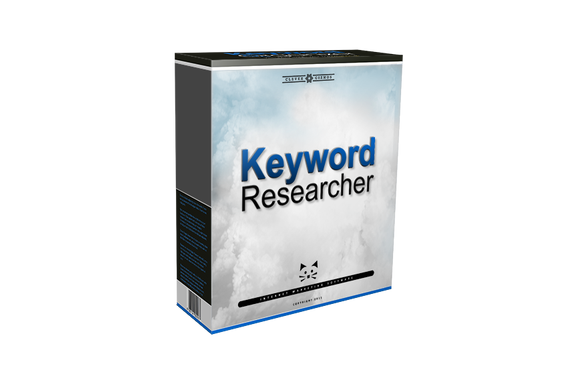

1 OST possesses a broad spectrum of pharmacological properties: anti-allergic, 2 anti-inflammatory, 2 anti-tumor, 3–5 hepatoprotective, 6–8 neuroprotective 9, 10 and osteoprotective. Osthole (OST) (7-methoxy-8-(3-methyl-2-butenyl)coumarin) is a natural compound isolated from Cnidium plants and commonly used in Chinese medicine to improve immune system functions. Keywords: pro-inflammatory cytokines, keratinocytes, fibroblasts, clobetasol propionate, fexofenadine OST also improved cell migration and cell barrier function.Ĭonclusion: Our results suggest that OST suppresses inflammatory responses via regulation of IL-1β, TNF-α, CCL2/MCP-1 and CCL5/RANTES secretion, and TLR2, and COX-2 expression. Results: OST decreased the level of IL-1β, TNF-α, CCL2/MCP-1 and CCL5/RANTES, and expression of TLR2, NF-κB and COX-2 during histamine/LPS-induced inflammation in human keratinocytes and fibroblasts. Secretion of IL-1β, IL-6, IL-8, TNF-α, CCL2/MCP-1, CCL5/RANTES, and COX-2 was measured by ELISA, while expression of TLR2, NF-κB, and COX-2 was analyzed by qPCR. Changes in cell monolayer integrity were assessed by the measurement of transepithelial electrical resistance. Methods: Cell migration was analyzed using a wound healing assay. In this study, histamine and LPS were used to induce inflammation in skin keratinocytes and fibroblasts to test whether OST can inhibit their responses. Purpose: The present study aimed to test the hypothesis that OST can be used as an herbal substance that minimizes skin inflammation and barrier dysfunction. Although OST has a good therapeutic effect, the underlying mechanism of its action in inflammatory skin diseases in humans is still unknown. Introduction: Osthole (OST), an active compound isolated from Cnidium monnieri, is used in traditional Chinese medicine to treat a variety of human diseases. Natalia Kordulewska, 1 Justyna Topa, 2 Anna Cieślińska, 1 Beata Jarmołowska 1ġDepartment of Biochemistry, Faculty of Biology and Biotechnology, University of Warmia and Mazury, Olsztyn, Poland 2Laboratory of Translational Oncology, Intercollegiate Faculty of Biotechnology, Medical University of Gdańsk, Gdańsk, PolandĬorrespondence: Natalia Kordulewska, Tel + 48 89 523 37 63, Fax + 48 89 535 20 15, Email


 0 kommentar(er)
0 kommentar(er)
